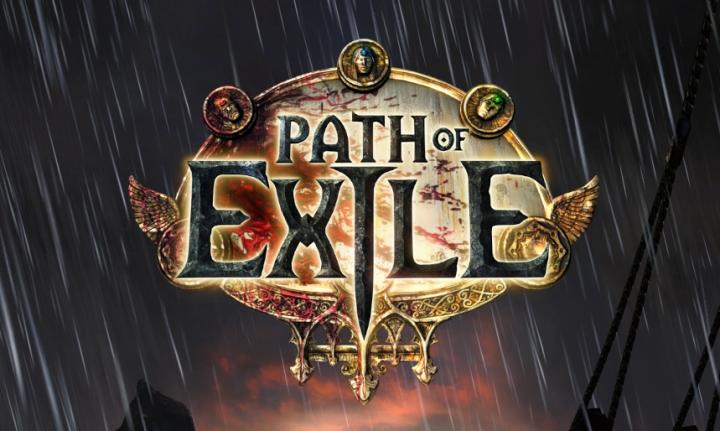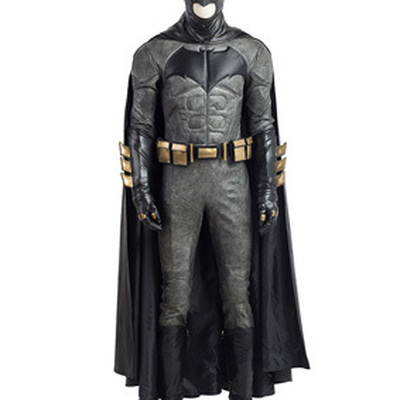Categories
Tags
-
#Path of Exile
#Overview
#Pure Class
#Player tips
#Graphics Improvement
#Ascendancy Classes
#Review
#Skill Revamped
Archives
Welcome To Wraeclast - Exiles In Path Of Exile
-
First of all, the setting of the game is the dark fantasy of Wraeclast, a continent where we are confined to chains after being exiled from their homeland. But when the ship of slaves on which we boarded shipwrecked and leaves us on a beach infested with zombies we find ourselves having to be architects of our destiny in a desperate and brutal land.

This is more or less the incipit of Path of Exile, which, it must be said, does not present an exceptional plot: the story told in the campaign carries out its dirty work but without upsetting, which is a bit of a shame given that all in all the lore, although deliberately cryptic, has some fascinating insights that link it to other famous universes, such as that of Conan the barbarian. Pleasant some references to other members of the genre hack'n'slash, including an episode in the second act that mentions the storyline of Diablo II and that the most experienced players will not fail to grasp.
The game structure is made up like that of any GDR action: camps and cities work as catalysts for quests, vendors and NPCs to talk to, while the outer areas overflow with mobs and miniboss to be slaughtered, with many dungeons to master it. it is right that it be. The fact that the maps are procedurally generated is very much appreciated and consequently they appear different every time the game is played, in the favor of replayability.
Path of Exile is however a game evidently thought from the base with the online in mind, and not just as a forced addition. Forming parties and joining other players is fast and intuitive thanks to a convenient noticeboard located in each settlement, and playing in company becomes almost essential at the highest levels. Also present the possibility of founding guilds, usually typical of MMORPGs, which stimulates the interaction between players.
Another feature that makes Path of Exile unique is the lack of "gold", or an in-game currency. What at first might seem an illogical choice is actually a stroke of genius: the absence of a real virtual currency has in fact eradicated an ancient scourge of that kind, that of the gold seller. Here the economy is based entirely on the barter of objects, with some Path of Exile items particularly sought after in exchanges between players.
"The game that we'd want to play"
However, it is useless to go around: by the admission of the developers themselves, Diablo II is the main source of inspiration for Path of Exile. On the other hand, how to blame them: the title Blizzard has been schooling for years, beating the competition thanks to a solid and functional gameplay and an online component so well integrated as to be addictive as a drug. Grinding Gear Games has therefore laid the foundations and added so many good ideas, also borrowed from other famous titles.
Two important choices are placed at the time of creating the character, those of the class and the relative league in which to play. The "leagues" are nothing but various game modes, each of which offers something different in terms of gameplay: in one the enemies drop better items, in another you can get temporary bonuses and so on. At the moment you can play in standard, hardcore, domination and nemesis, but the available clubs change and are replaced by others every other month. Note that, unlike many dungeon crawlers, in Path of Exile if our PG is killed in hardcore, these are not lost forever, but "back" to the normal league.
The creation of the character allows to choose between seven classes, each of which is based on a specific attribute (or a series of attributes) between strength, dexterity and intelligence. Here things start to get interesting: by playing we understand that the division into classes is more a formality than anything else, as each class can do almost everything; a Templar, for example, can indifferently hold a two-handed sword, a two-sided ax, a scepter and a shield, two clubs together or even more, provided that the requirements of the objects are met. The same is true for the armor, and there are no armor of a single class; the strongest, orange-colored pieces of equipment are unique items that give the wearer considerable power (by the way, look and enjoy every single item you drop, some contain beautiful descriptions in rhyme).
All classes share the same tree, but start from a different point according to their primary attributes; this means that potentially even a Witch can get to take Marauder's talents, simply will have to go a long way to do it. With the release was released the seventh class, the Scion, a heavily armed medium-range warrior who can use elemental skills and who is available after finishing the campaign on the first difficulty; peculiarity of this new class is its central starting point in the skill tree, which makes it a very useful hybrid.
To make this already excellent system even more profound come the gems, which if embedded in the equipment of the heroes provide an active ability, be it a lightning bolt, a fireball or a frozen projectile. Each gem level with use and can be associated with other supporting gems that activate additional effects, such as a higher attack speed or the regeneration of life for each hit scored; this greatly increases the possibilities of customization, with the ability to indulge in those who love to build in detail the builds of their PCs.
The arrival of Path of Exile on Steam, apart from raising its visibility to the public exponentially, did not produce substantial changes to the game, but without missing some fanciful news as the achievements of Steam, which are always nice.










Share this page with your family and friends.